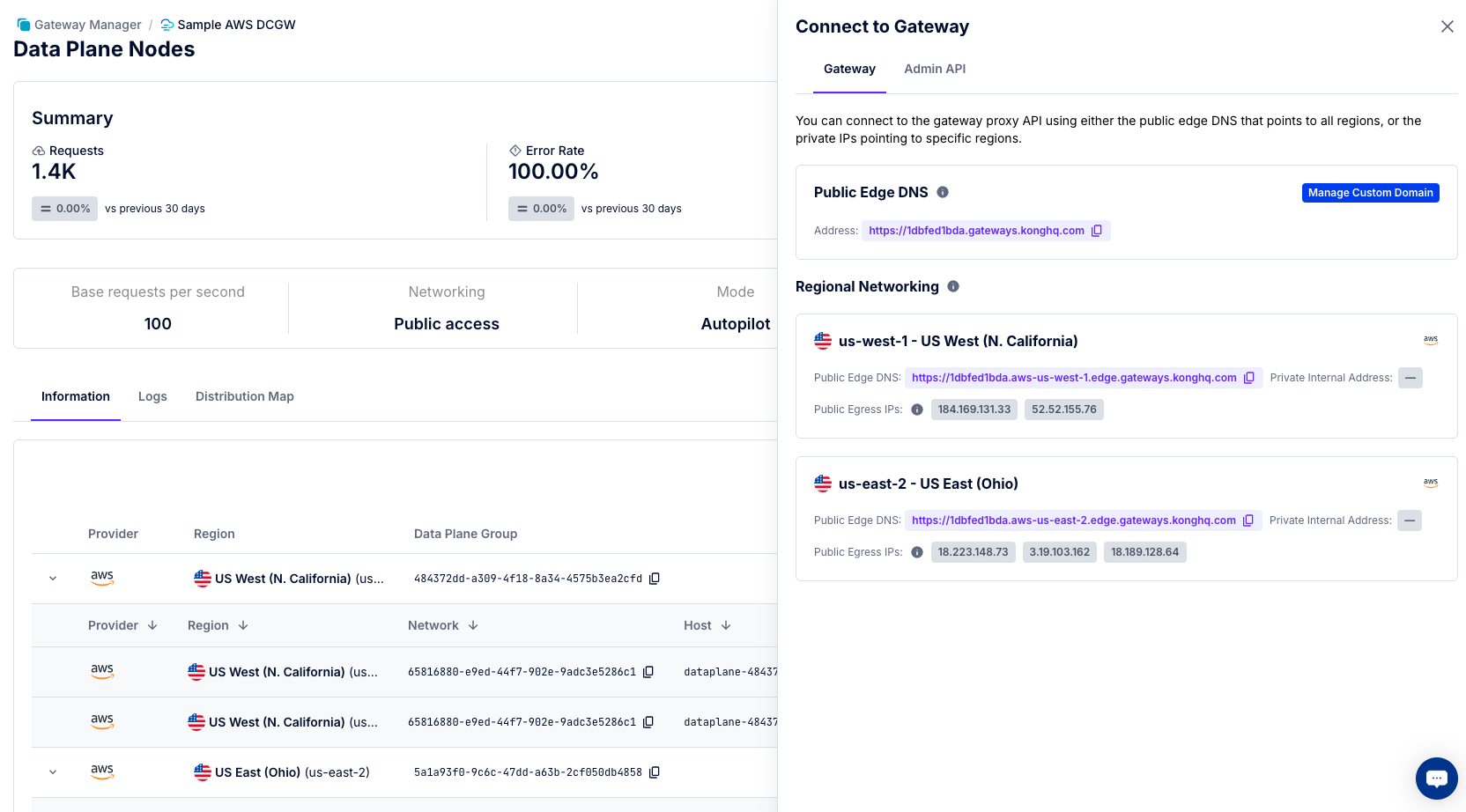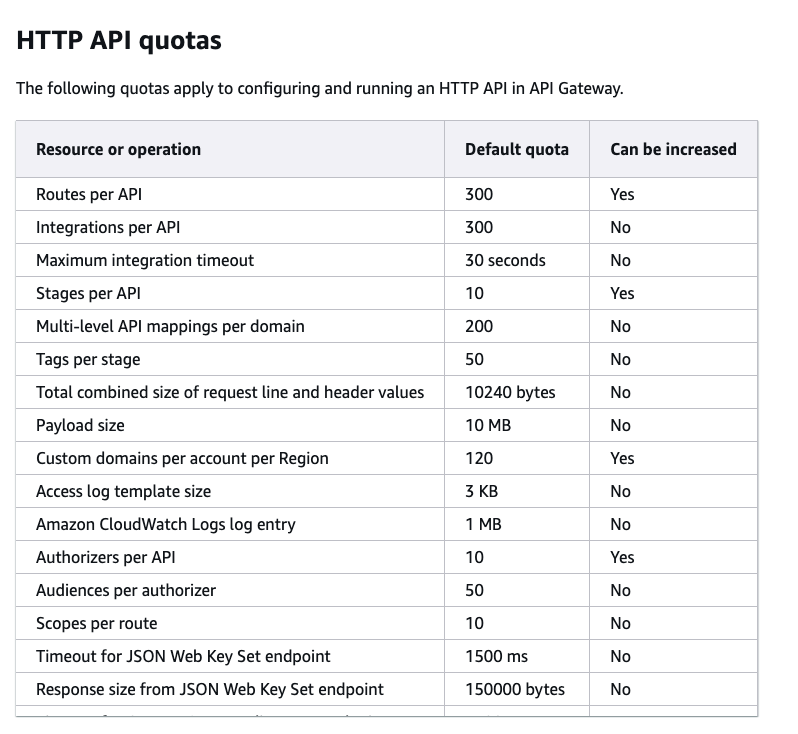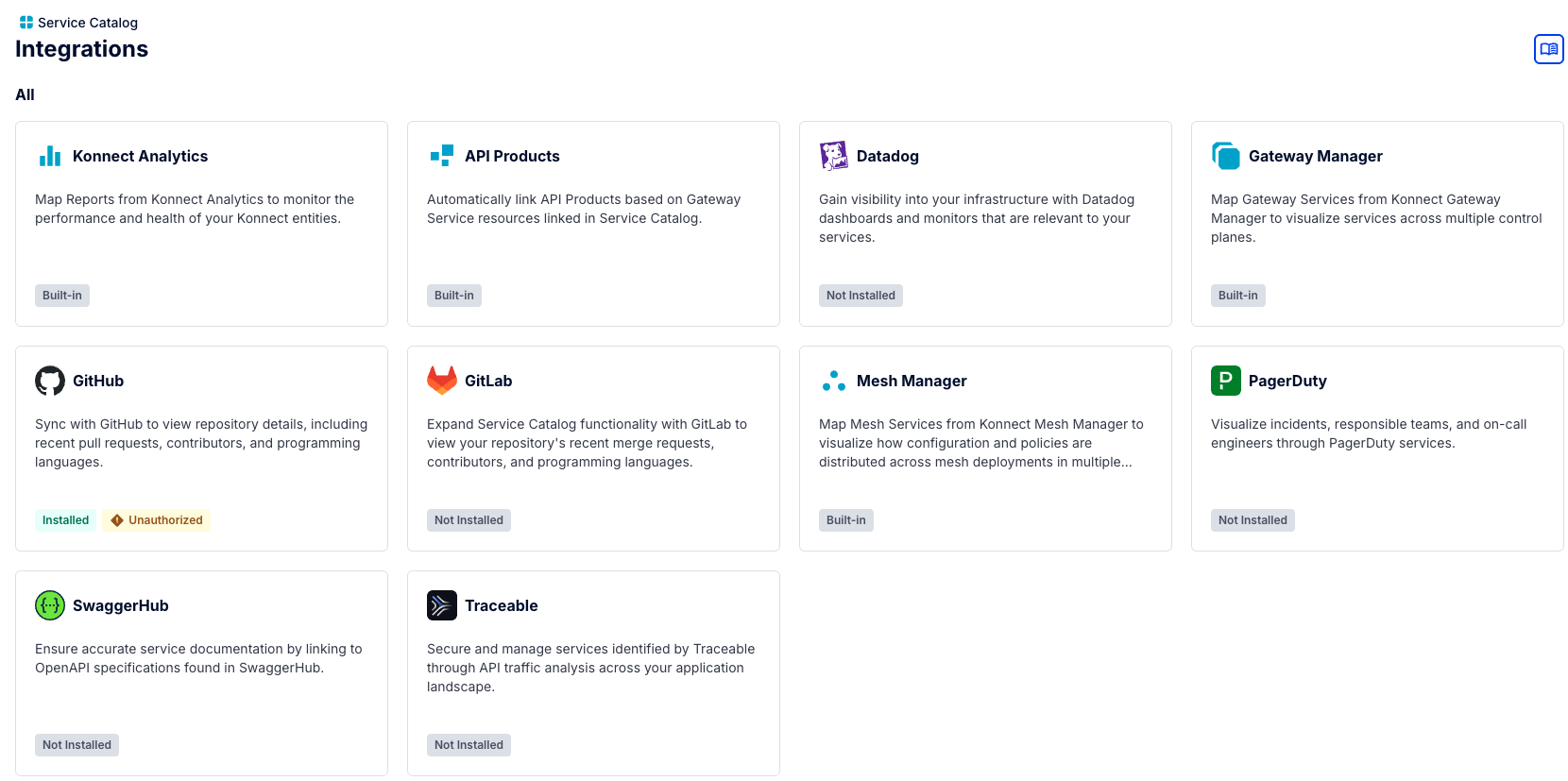AWS offers its own out-of-the-box API gateways. For many AWS teams, AWS API Gateways are a natural place to start when beginning their API management and API gateway journeys. However, as API practices and programs begin to scale, many organizations begin to look beyond AWS due to major limitations, feature gaps, performance issues, and cost-effectiveness challenges.
What some organizations don’t know is that Kong, like AWS, has an AWS-native API platform offering that provides self-serve dedicated cloud gateways in AWS cloud (deployed and managed in Kong’s AWS VPC), the ability to use AWS cloud spend to acquire the Kong API platform for AWS, and comes with many important products and features that AWS currently lacks.
To help your evaluation process, we’ve written this in-depth comparison and guide that walks through the major differences between the two solutions as they pertain to core, enterprise API management, and API platform use cases.
We’ve organized this blog by covering how AWS and Kong compare across three core sets of requirements when building out your API Platform and API program:
- Cloud-ready API gateways
- Advanced gateway functionality
- Federated API platform
We hope this is helpful. Please reach out if you have any questions.















